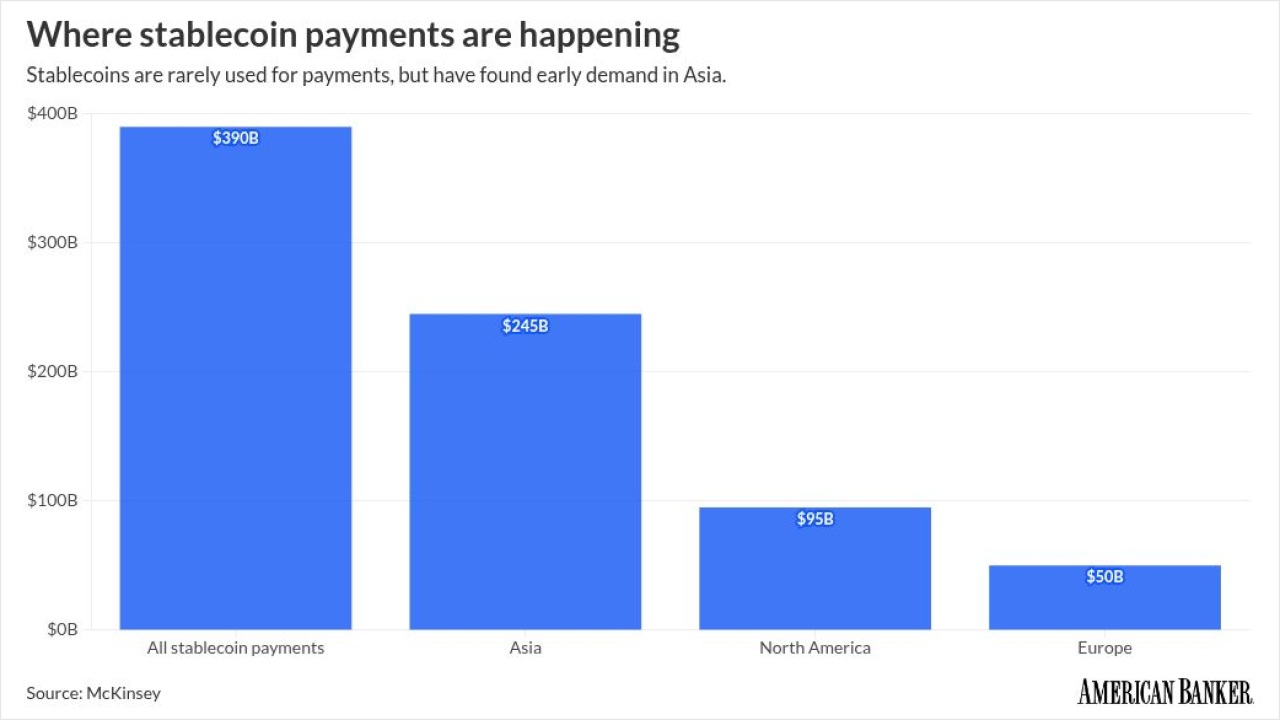'Many studies have shown that it would be less costly to pay interest subsidies directly to state and local governments than exempt state and local bonds from taxation.'
-- The General Accounting Office.
The GAO, which has never been a fan of municipal bonds, made this statement recently in a report to Congress, and it urged the lawmakers to scrutinize tax breaks more closely. The GAO calls the tax breaks "tax expenditures," and it reckons they could cause a revenue loss for the country of as much as $2.1 trillion over the next four years. Tax-exempt bond interest would account for $80 billion of the total.
The first thing that comes to mind is the arrogance of the GAO. The second is how inexpressive the phrase "tax expenditures" is.
If Congress were to tax the interest income of municipal bondholders, the Internal Revenue Service would have $80 billion more to spend, if the GAO's figures are accurate. That's over a four-year period, and that means the country is paying roughly $20 billion a year to keep government capital spending as close to users as possible. That's a reasonable price to pay to keep the federal government out of the picture.
Better to keep tax-exempt bonds, forgo the $20 billion, and let states and cities decide where, how, and when to spend the money. Better not to levy taxes on bond interest, send the money to Washington, and then send it back with strings attached. If it gets sent back.
If the matter concerned only the efficiency of federal government subsidies, the GAO would be correct, but there is more at stake than economic efficiency. All government cannot be directed from Washington, and financial power must be kept dispersed if borrowers are going to make wise use of bond proceeds. We continue to have faith in local governments despite some evidence of waste and unwise spending. For all the shortcomings, there is still much more good use of bond money than bad and there is no reason to believe Washington could direct it better.
The phrase "tax expenditure" should raise hackles, too. Like much government jargon, the words sound important, but they don't stand up to close examination. All federal government spending can be considered either tax expenditures or debt-proceeds expenditures, and it's farfetched to consider the hypothetical revenue not spent as a tax expenditure.
"We believe greater scrutiny of tax expenditures is warranted," the GAO said. The surveillance would lead to "better control of associated revenues." We doubt it.





